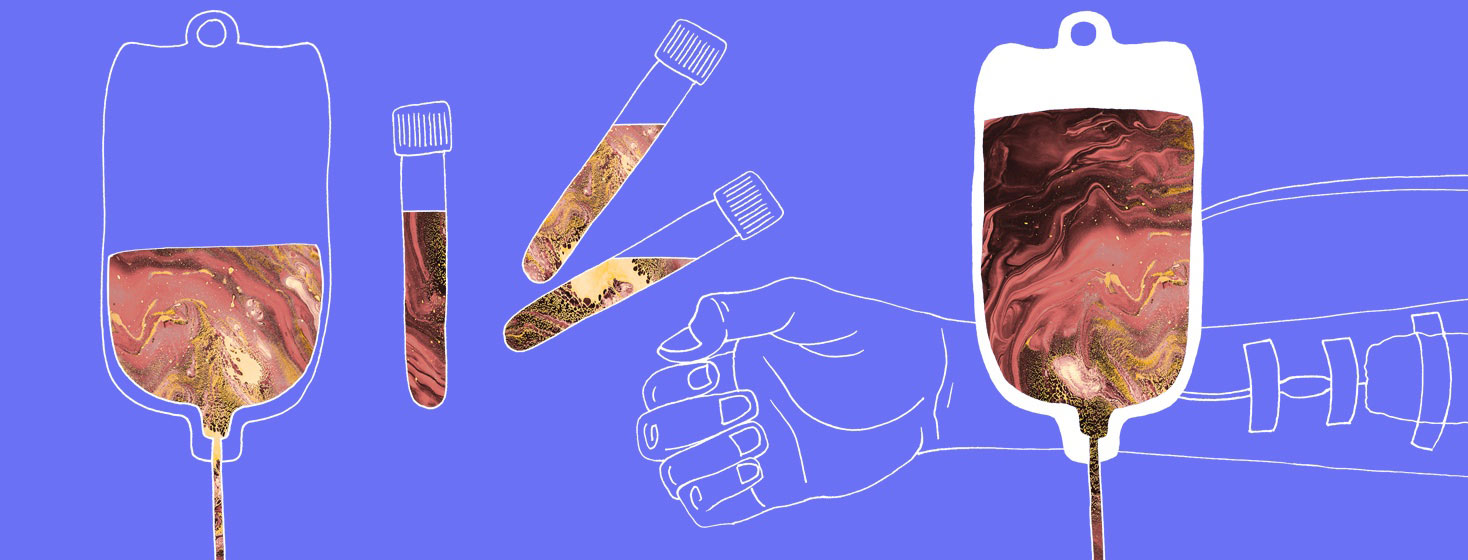Hepatitis C: Can You Donate Blood and Organs?
So many people have questions about donating blood or even organs when they have had hepatitis C. What does it mean for you?
Are blood donations screened for hep C?
Widespread blood screening for hepatitis C doncation began in 1992 by all centers in the United States. Prior to 1992, the chance of contracting hepatitis C and other viral infections was higher. Those who received blood prior to 1992 are more at risk for hepatitis C and should ask their doctor if they should be tested.
The CDC (Centers for Disease Control and Prevention) and the Red Cross state that all blood in the United States is screened for hepatitis B, hepatitis C, and HIV, as well as other viral infections.1,2
Am I eligible to donate blood if I’ve had hep C?
According to the CDC and Red Cross, currently, you cannot donate blood if you’ve ever had hepatitis C. Clearing the virus spontaneously or being cured of hepatitis C treatment does not make you eligible.1,2
Once your blood has been infected with hepatitis C, your immune system makes antibodies for hepatitis C. No matter if you’ve cleared or cured of hepatitis C, antibodies will always be present in your blood. You can think of this as a footprint left behind showing you once had hepatitis C.
Having hepatitis C antibodies does not necessarily mean you still have hepatitis C, only that it was there at some point. An antibody test for hepatitis C donation is typically the first test done to see if the patient has or has had hepatitis C in order to rule out the presence of the virus.
Can I be an organ donor if I have or had hep C?
Yes, you can be an organ donor if you have or have had hepatitis C.
If you have been treated and received an SVR12, you are considered cured of hep C. You will always retain hepatitis C antibodies. Depending on your liver condition, your doctor will be able to advise if you are eligible to be an organ donor.
Recent reports from transplant organizations like The Alliance (Leadership in Organ Donation and Transplantation) state that donated organs from people who had hepatitis C can be safely transplanted.3
Transplant patients are informed and would need to consent prior to receiving an organ from a person infected with hepatitis C or who has been successfully treated and has hep C antibodies.
Highly effective treatment for hepatitis C makes it possible for heptatis c donations to result in more organs to be used in transplants, increasing the number of organs available to save lives. If a patient receives an organ infected with hepatitis C, they now have a higher chance of being cured with new antiviral treatment and have a longer life.
Can I donate my liver if I’ve had Hep C?
Tests will be done on your liver to determine if you have liver damage and if so, what type of damage. It is unlikely your liver would be eligible for transplant if you have moderate to severe liver damage.

Join the conversation